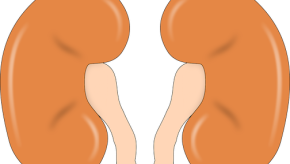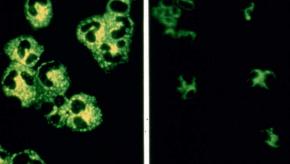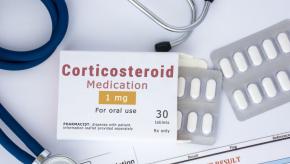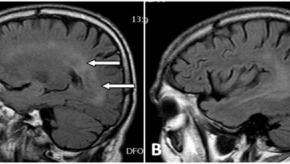News
New Insights into Pregnancy Outcomes and Maternal-Fetal Health in Rheumatic Diseases
At ACR Convergence 2025, the American College of Rheumatology presents new research illuminating critical challenges and advances in pregnancy outcomes for women living with rheumatic diseases, including axial spondyloarthritis, antiphospholipid syndrome, and lupus.
CAR-T Cell Therapies Show Promise for Autoimmune Disease at ACR Convergence 2025
Two pioneering studies presented at ACR Convergence 2025 spotlight the potential of CAR-T cell therapies to transform treatment for systemic lupus erythematosus (SLE) and other autoimmune diseases.
Sooner May Still Be Too Late: Kidney Biopsies in SLE
ACR Convergence 2025 will be kicking off with a Plenary Session by Michelle Petri (Abstract 0772: Redefining When to Biopsy the Kidney in Patients with SLE), which is a great place to kick off our coverage of the meeting. As part of a collaboration with the Accelerating Medicines Partnership, Petri and colleagues have given data to what many of us have long suspected: a biopsy threshold of 0.5g/d of proteinuria may be too high.Sleep Apnea in Psoriatic Arthritis – A Wake Up Call
Fatigue is one of the most disabling symptoms in psoriatic arthritis (PsA), yet its causes are often underexplored. At ACR 2025, Abstract #0549, a possible hidden contributor was studied: obstructive sleep apnea (OSA).New pieces added to the Pre-RA puzzle
We know that pre-RA is a definition that stands under a large umbrella, ranging from asymptomatic individuals with ACPA positivity to individuals with symptomatic pre-clinical synovitis. How can we predict the transition from the at-risk state to clinical RA outside the realm of clinical, conventional serological (RF/anti-CCP) or imaging (US/MRI synovitis) biomarkers?Mimics of ANCA-associated vasculitis: How can we tell?
With increased disease awareness and more regular, accessible testing for anti-neutrophil cytoplasmic antibodies (ANCA), ANCA-associated vasculitis (AAV) has become an increasingly recognized clinical entity in rheumatologic practice.
Pre-ACR25 (10.24.2025)
Dr. Jack Cush reviews the news and info reports the day before ACR 2025
Stress Raises the Risk of Psoriasis
New longitudinal research reveals that severe stress caused by changes in family structure like divorce or separation experienced during the first year of life may triple the risk of developing psoriasis later in life.















